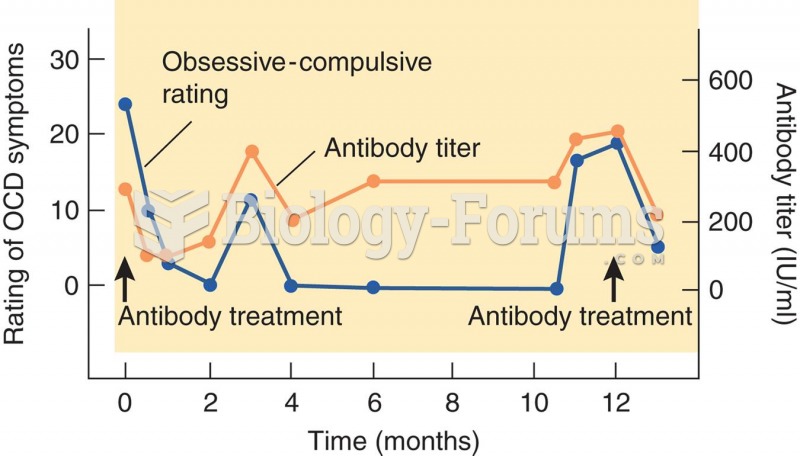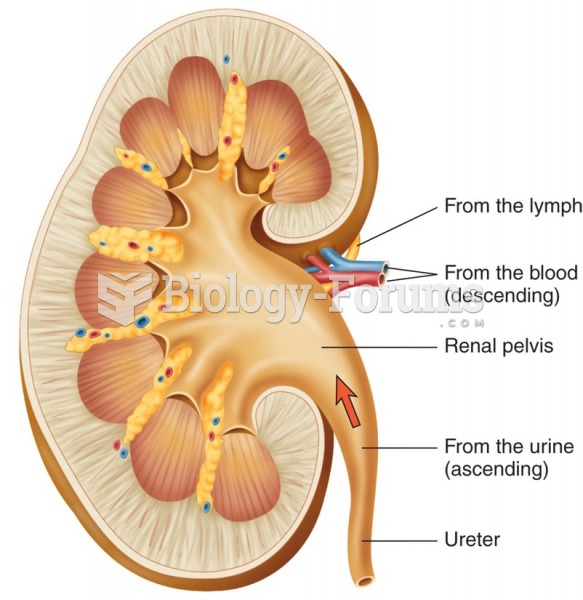After reading the paragraph below, answer the questions that follow.
HPV is an infection that is normally fought by the human immune system, but it can lead to cancer in some individuals. While we already know that HPV vaccines help prevent HPV-related cancer, researchers are unsure as to what level of antibody concentration a person needs in order to be protected from HPV-related cancers. Scientists hypothesize that higher anti-HPV antibody levels may provide greater protection from HPV-related cancers compared to lower levels. However, strong evidence does not yet exist to support this hypothesis.
Suppose you design a study to test this hypothesis. Your study participants are adults between the ages of 25 and 40 (mean age = 32). You work with an oncologist to determine if the study participants have an HPV-related cancer, and you also measure the concentration of anti-HPV antibodies in their blood. Answer the following questions regarding this study.
Which of the possible following results would support the hypothesis that higher anti-HPV antibody levels are correlated with increased protection from HPV-related cancers?

◦ People who have not been vaccinated against HPV are diagnosed with cancer at lower rates than people who have been vaccinated against HPV.
◦ People who have been vaccinated twice against HPV are diagnosed with cancer at lower rates than people who have only been vaccinated once against HPV.
◦ People who have been vaccinated against HPV are diagnosed with cancer at similar rates as people who have not been vaccinated against HPV.







